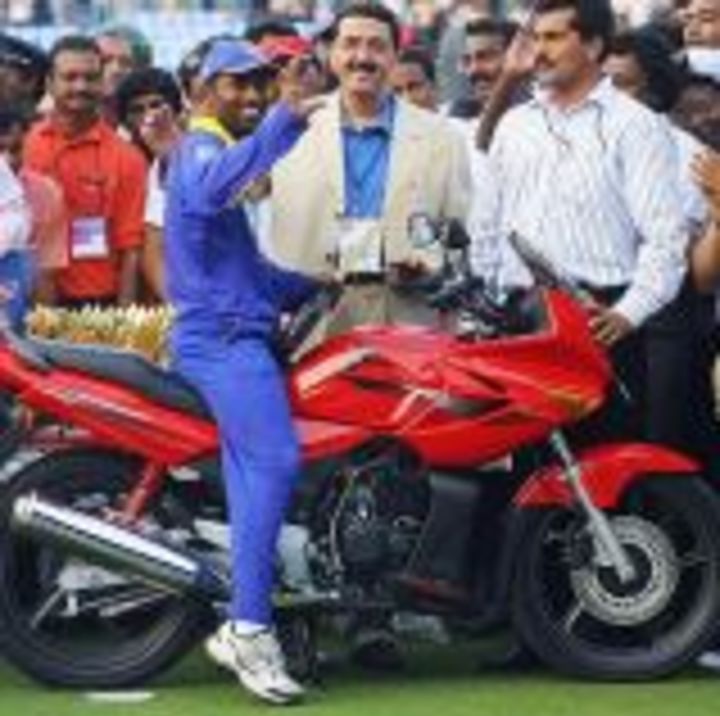Silva and Sinhala
Every time I watch a South Asian player unfamiliar with English struggling with the language during match ceremonies, I want to shake the team manager and the event organisers

The most significant thing about the ODI in Visakhapatnam went unnoticed. When the brilliant Chamara Silva walked up to collect his Man of the Match trophy, he answered Arun Lal’s questions in Sinhala. One of his team mates (I think it was his captain) translated for him and us. I wanted to cheer. Every time I watch a South Asian player unfamiliar with English struggling with the language during match ceremonies, I want to shake the team manager and the event organisers. To be forced to express yourself in a language you don’t know at all is agonizing: you feel cretinized. We’ve all experienced this as tourists in strange lands. There’s no reason for an outstanding Sri Lankan or Indian or Pakistani player to make himself look like a stammering moron because some would-be smoothie in a tie and blazer asks a question in English.
I hope the Pakistani team management was watching the match and taking notes. To watch a modern great like Inzamam-ul-Haq reduced to pidgin responses because Rameez Raja or some other south Asian suit didn’t have the sense to commission translation is intolerable. To accept, as we do, English as the lingua franca of cricket, shouldn’t mean that we wilfully ignore the fact that the majority of international cricket’s fans (and increasingly its players) are not English speaking. This trend is a good thing because it tells us that cricket’s following in South Asia has real social depth and that it has expanded hugely beyond the subcontinent’s anglosphere. Acknowledging this fact in practice is not a big deal organizationally: you just need a team mate to translate. But it makes a huge difference to the ease and comfort and, yes, dignity of the player. The next time Inzamam walks up to collect a trophy I hope he answers questions in Urdu or Punjabi. Silva and the Sri Lankans may not know it, but they’re pioneers in the business of getting cricket to acknowledge its great cultural diversity.
Mukul Kesavan is a writer based in New Delhi
Read in App
Elevate your reading experience on ESPNcricinfo App.